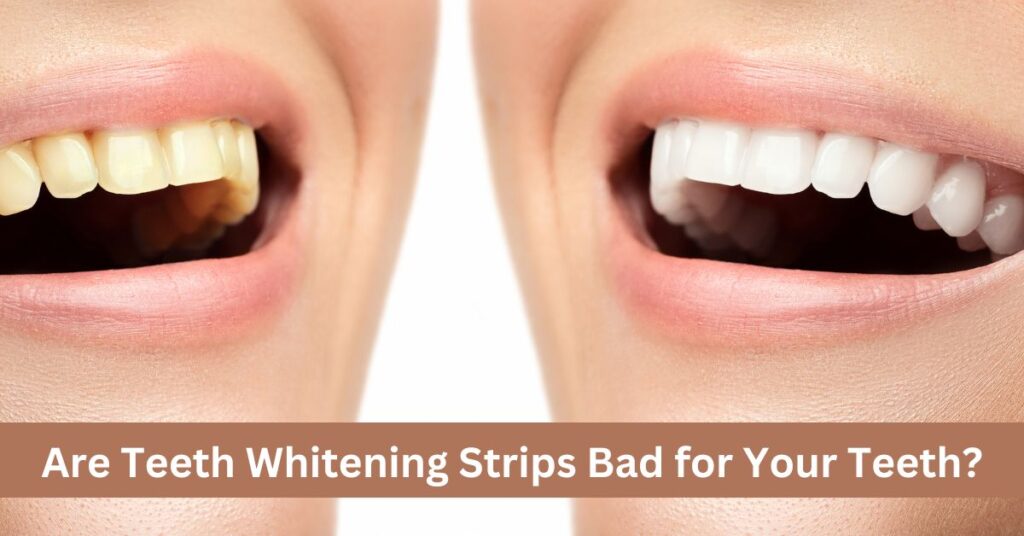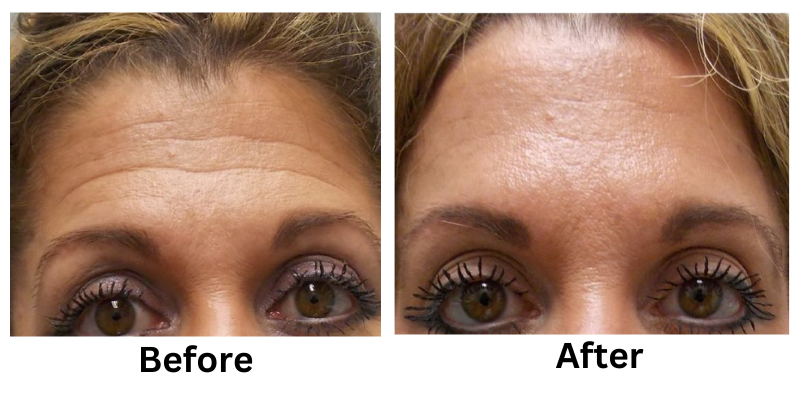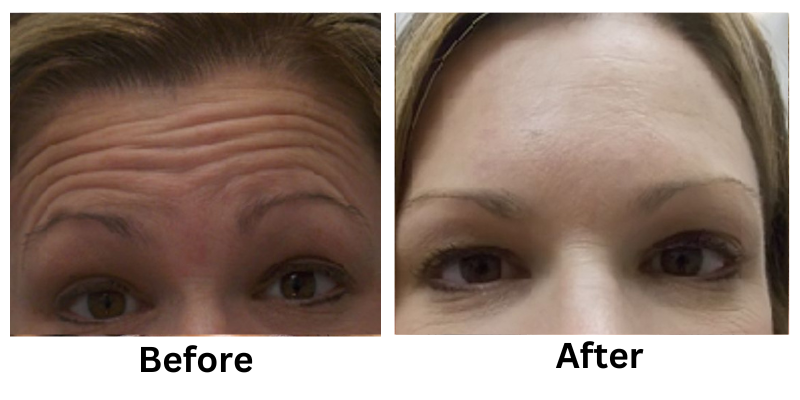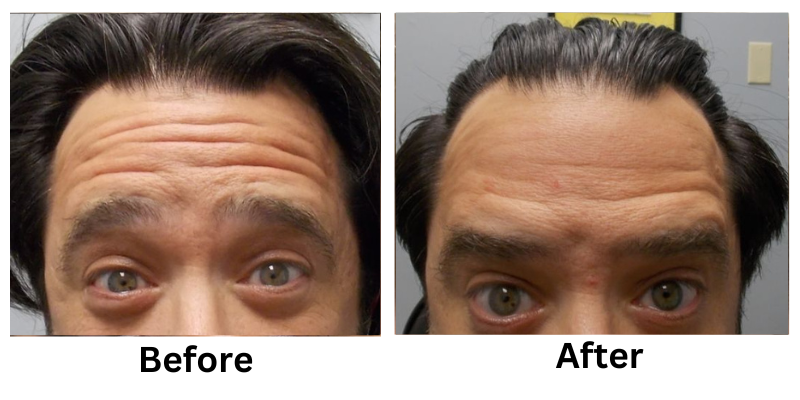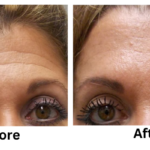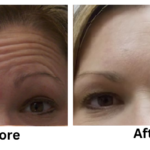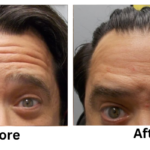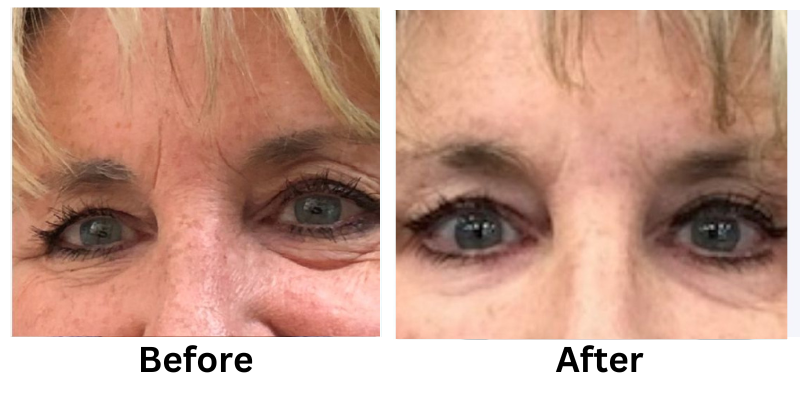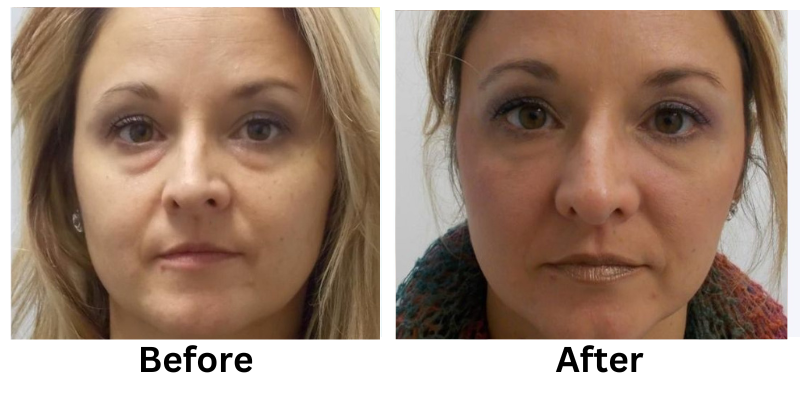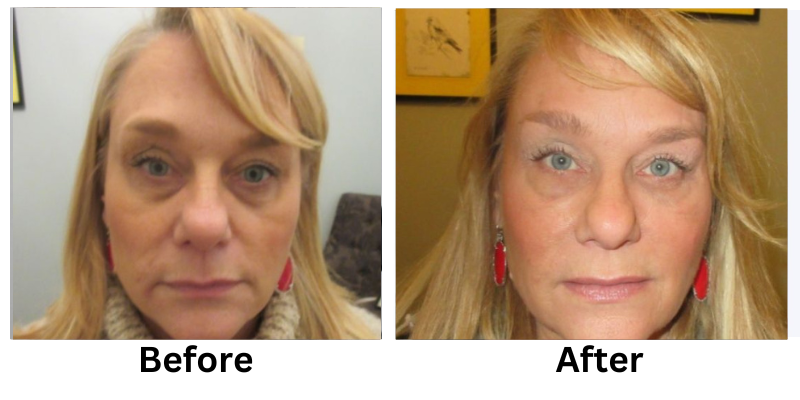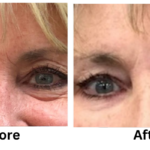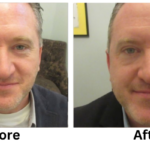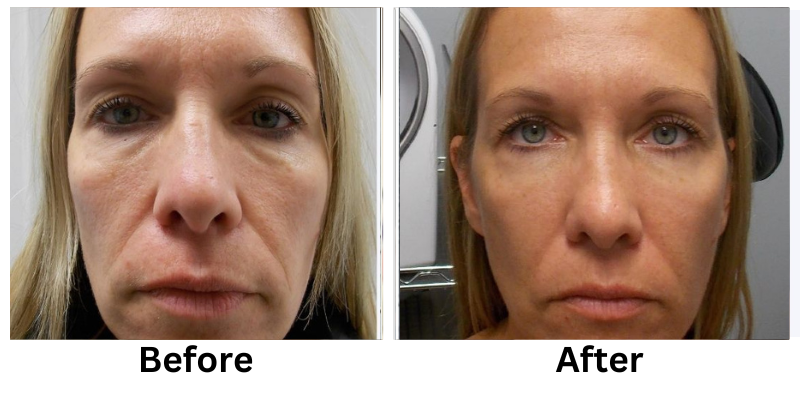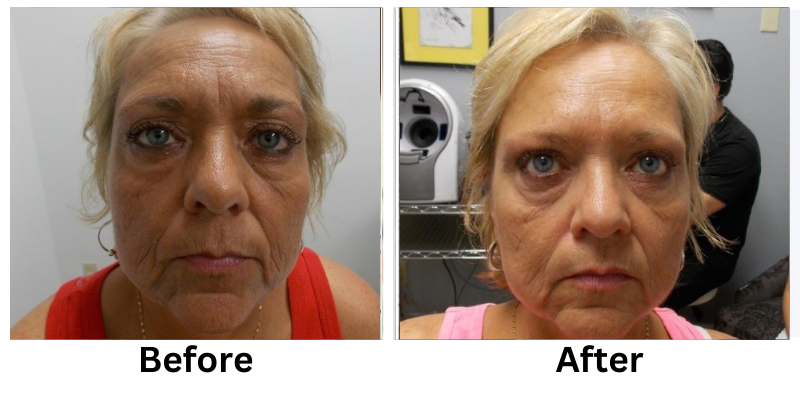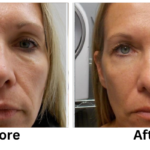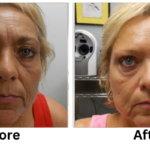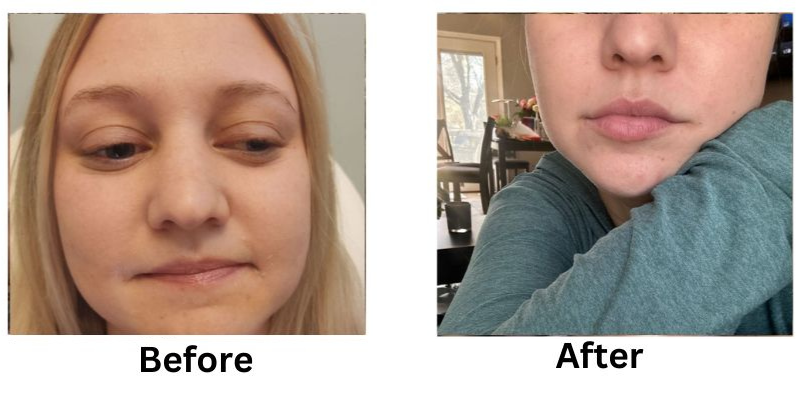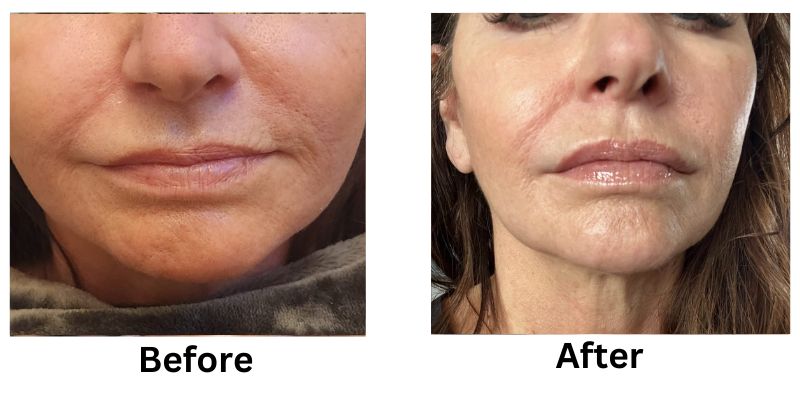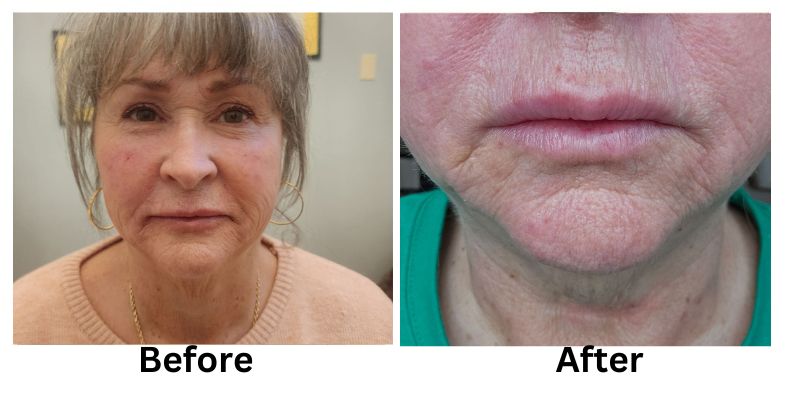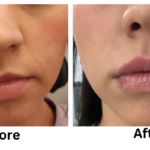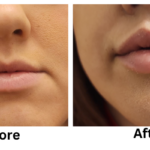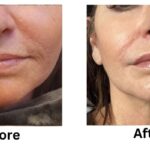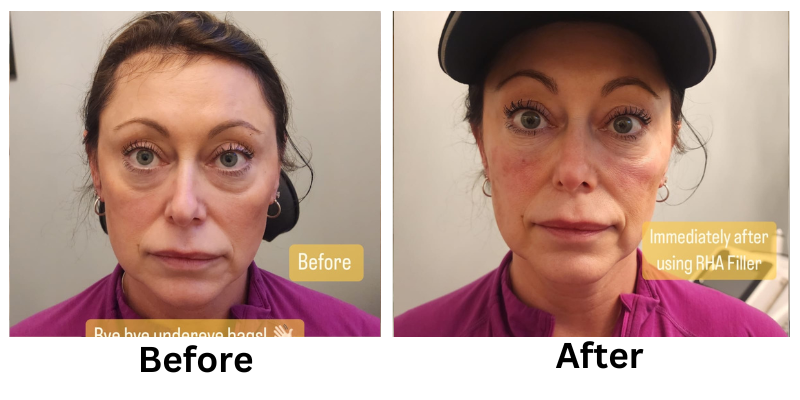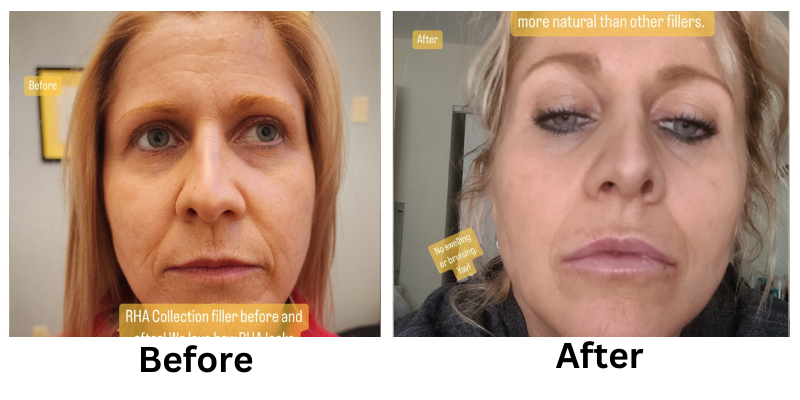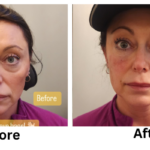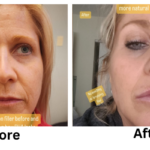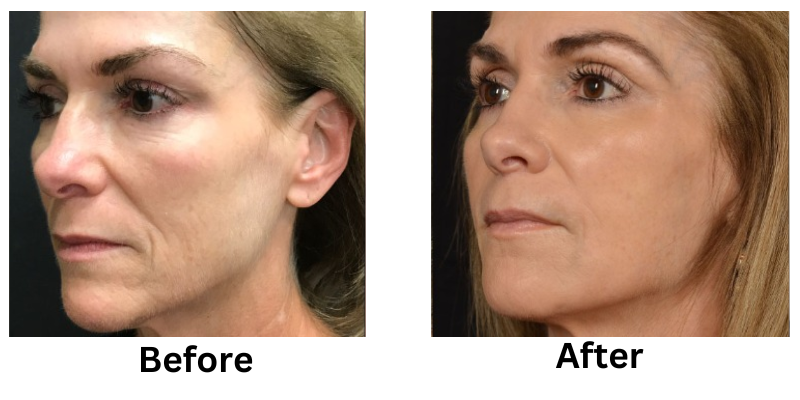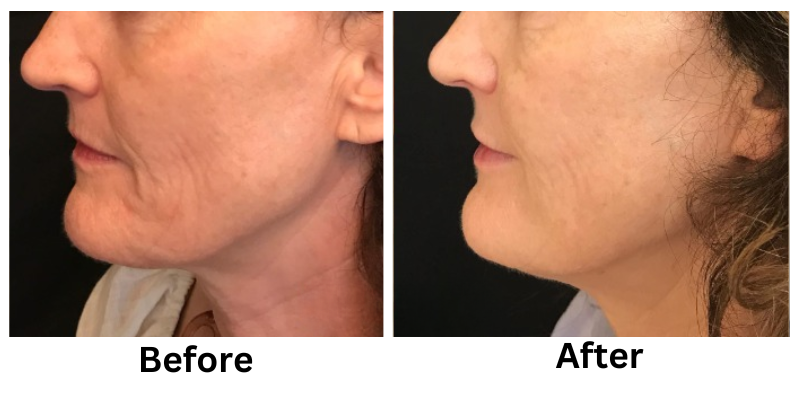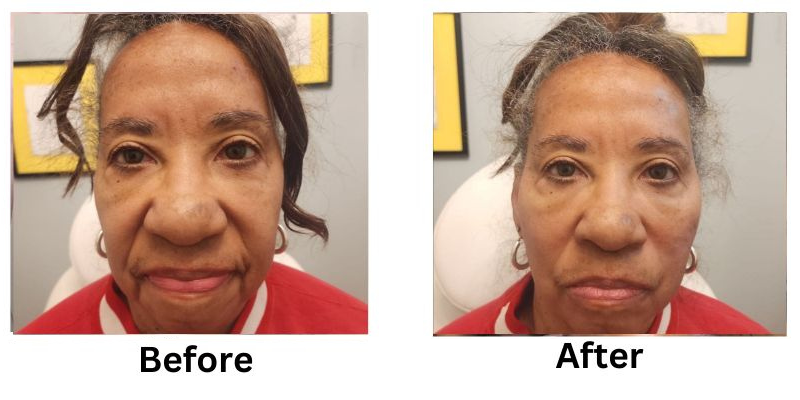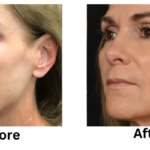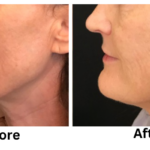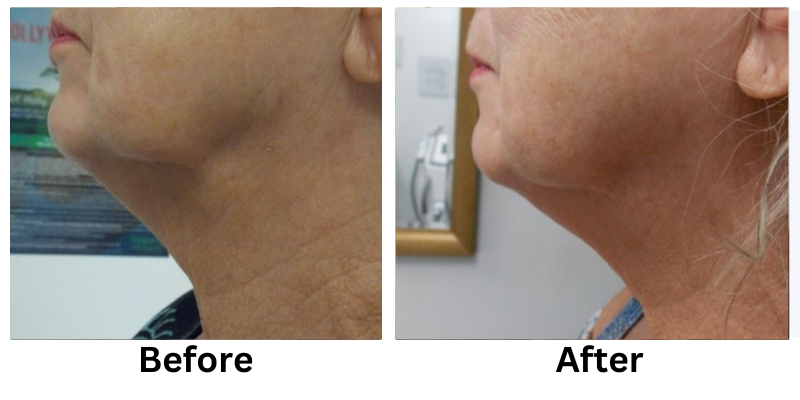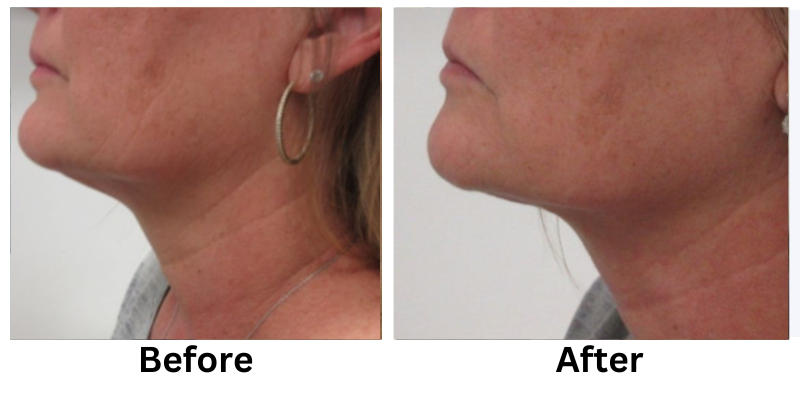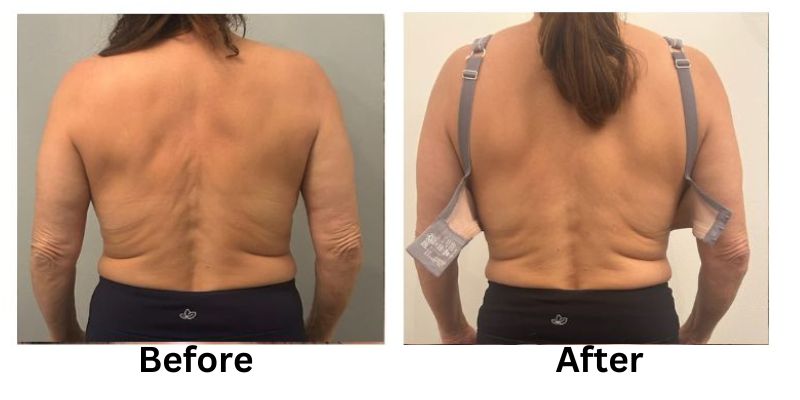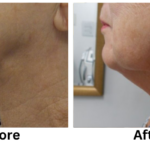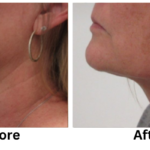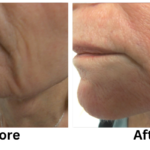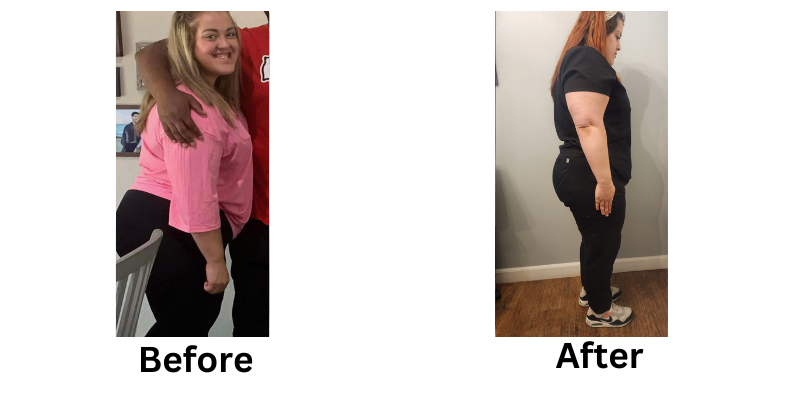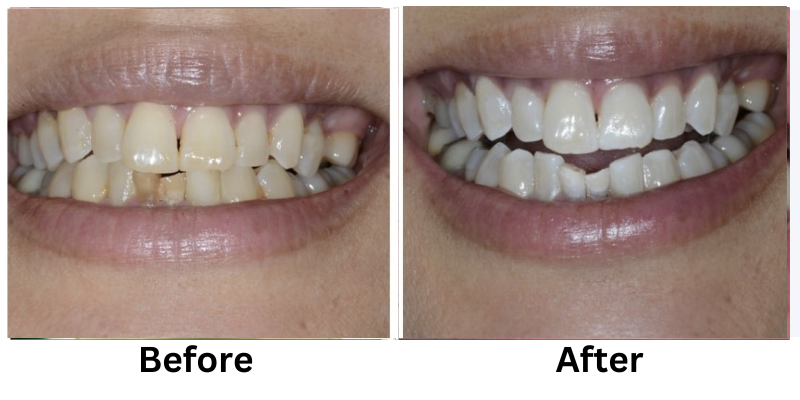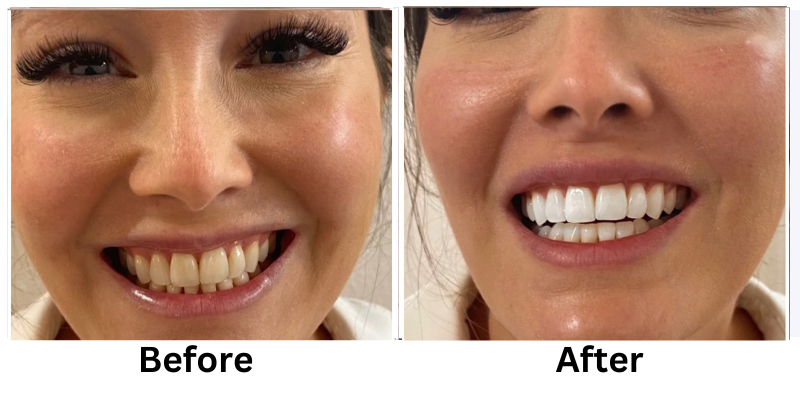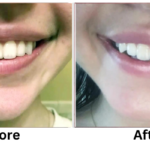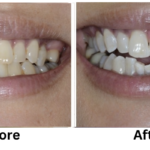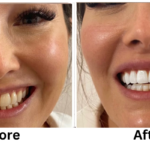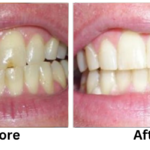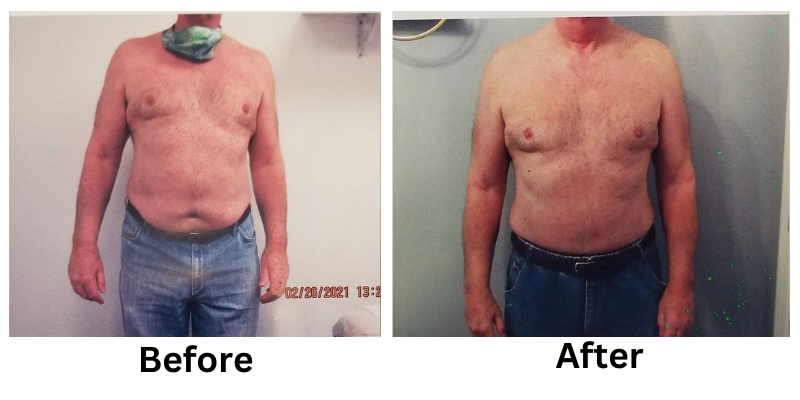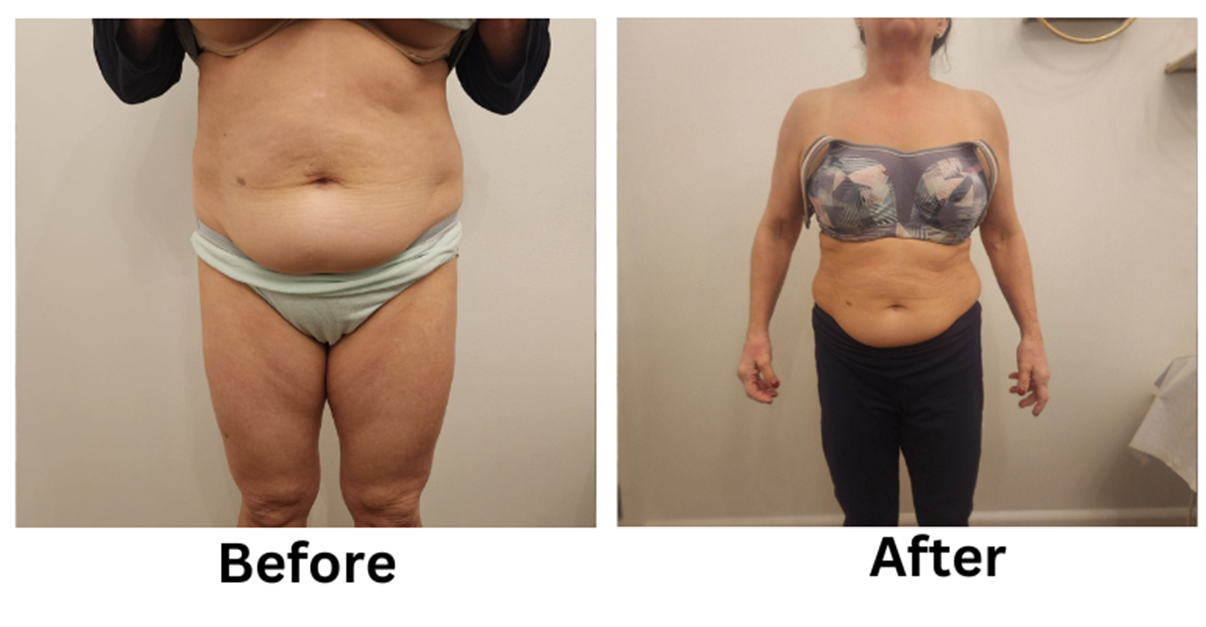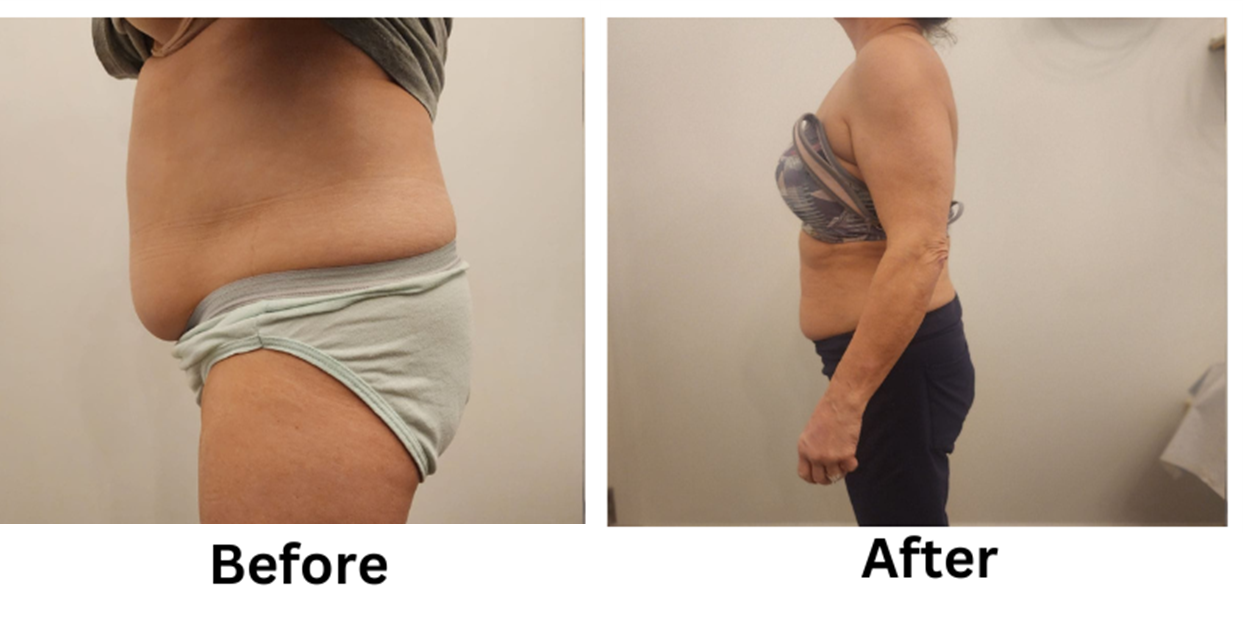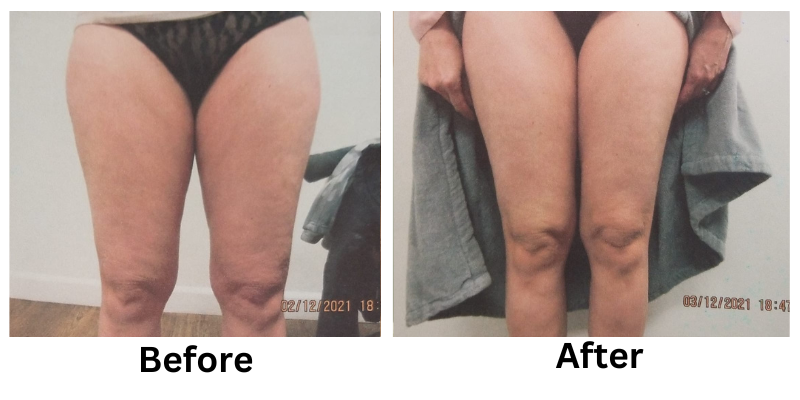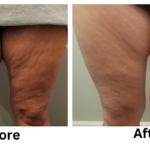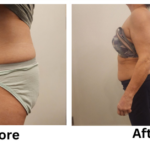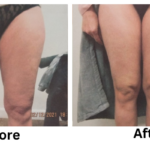Teeth whitening strips are safe if used correctly but can harm enamel and gums if overused. Always follow the instructions to avoid damage.
While whitening strips are generally considered safe, improper use or overuse can lead to side effects. Issues such as tooth sensitivity, gum irritation, or enamel thinning may occur. Understanding these risks and how to minimise them is essential before starting any treatment.
In this guide, we’ll explain how these products work, the potential downsides, and how to use them properly. You’ll also learn about safer alternatives for achieving a whiter smile.
Ready to achieve a brighter smile? Contact us today for affordable teeth whitening treatments in Kansas City, MO, that will leave your teeth looking radiant! Call us at (816) 524-3438 or reach out online to discover how our expert treatments can enhance your smile!
What Are Teeth Whitening Strips?
Teeth Whitening strips are thin, flexible pieces of plastic coated with a gel containing active bleaching agents like hydrogen peroxide or carbamide peroxide. These chemicals work to break down stains on the enamel caused by common culprits such as coffee, tea, or smoking.
To use, you place the strips directly on your teeth and leave them for 15–30 minutes, depending on the product’s instructions. During this time, the bleaching agents penetrate the surface of the enamel to target stains. These strips are effective for surface-level discolouration but do not lighten deep stains or change the natural colour of your teeth.
How Do Teeth Whitening Strips Work?
Teeth Whitening strips use bleaching agents, typically hydrogen peroxide or carbamide peroxide, to remove stains from teeth. When applied, these chemicals release oxygen molecules that break apart the compounds causing discolouration.
The strips are designed to adhere to the surface of your teeth, ensuring the whitening gel stays in contact with the enamel during the treatment. Over time, this process lightens surface stains caused by substances like coffee, tea, or red wine.
It’s important to note that whitening strips are effective for removing surface-level stains but cannot alter the natural shade of your teeth or address stains embedded in deeper layers of the tooth structure.
If you’re concerned about the impact on your enamel, you might wonder, does teeth whitening damage enamel?
Are Teeth Whitening Strips Safe?
For the most part, teeth whitening strips are considered safe when used correctly. Dentists often recommend them as a convenient and effective way to brighten your smile. However, safety depends on how you use them and how often.
Teeth whitening pros and consshould be carefully considered before starting any treatment. Whitening strips are not meant for everyday use. Overusing them can lead to side effects, which we’ll discuss in the next section.
Are teeth whitening strips bad for your teeth?
Teeth whitening strips are not bad for your teeth if used properly and sparingly. They contain bleaching agents that remove surface stains without harming deeper tooth layers. But are whitening strips bad for your teeth if overused? Yes overexposure can lead to enamel erosion and gum irritation. Many also ask, are whitening strips bad for you? They are safe when used for short periods and monitored by a dental professional.
Potential Side Effects of Teeth Whitening Strips
While whitening strips can give you a brighter smile, they can also cause some problems if used too often or incorrectly. Here are some of the most common side effects:
1. Tooth Sensitivity
One of the most frequent complaints is tooth sensitivity. The chemicals in whitening strips can sometimes make your teeth feel more sensitive to hot or cold temperatures. This happens because the peroxide can make the enamel thinner, exposing the nerves in your teeth.
Sensitive teeth are usually temporary and go away once you stop using the strips. However, if sensitivity becomes severe, seeing a dentist is important.
2. Gum Irritation
Whitening strips contain strong chemicals that can irritate your gums, especially if the strips touch the soft tissue for too long. After using the strips, you might experience redness, swelling, or discomfort in your gums.
To avoid this, make sure the strips are only applied to your teeth and don’t overlap with your gums. If you do experience gum irritation, it’s best to take a break from using the strips and consult a dentist.
3. Enamel Damage
While rare, overuse of whitening strips can damage your tooth enamel. Enamel is the protective outer layer of your teeth, and once it’s worn away, it doesn’t grow back. This can make your teeth more vulnerable to decay, discoloration, and sensitivity.
To prevent enamel damage, follow the instructions carefully and avoid using the strips more often than recommended.
Do whitening strips damage enamel?
Whitening strips can damage enamel if used too often or incorrectly. Products with high peroxide levels may erode enamel over time. Do whitening strips destroy enamel and do white strips damage enamel are common concerns because enamel loss is permanent. To avoid problems, limit use to the schedule provided. Does teeth whitening strips damage enamel depends on how strictly you follow instructions. Enamel erosion risk increases when do whitening strips damage tooth enamel becomes a frequent search due to misuse.
How Often Should You Use Whitening Strips?
Whitening strips should typically be used once a day for one to two weeks, as instructed on the packaging. Using them more frequently can lead to side effects like tooth sensitivity, gum irritation, or enamel thinning.
The duration of each application varies by product but usually ranges from 15 to 30 minutes. Some formulations are designed for daily use, while others may recommend usage every few days to minimise risks.
If you experience sensitivity or discomfort, it’s best to pause treatment and consult a dentist for advice. Sticking to the recommended schedule is key to achieving results without damaging your teeth.
Do teeth whitening strips damage teeth?
Teeth whitening strips may damage teeth if applied too often or left on too long. Chemicals in the strips can weaken enamel, especially on sensitive teeth. Many search do white strips damage teeth because of reports of tooth pain or visible enamel wear. Using strips correctly, once daily for a limited time, reduces risk of damage.
Are Whitening Strips Bad for Children?
Teeth whitening strips are not recommended for children under 12. At this age, teeth are still developing, and the bleaching agents in whitening products can cause irritation or harm to sensitive enamel and gums.
Teenagers may use whitening strips, but only under the guidance of a dentist. The dentist can assess whether these products are suitable and suggest safer alternatives if needed. For younger children, maintaining good oral hygiene and avoiding stain-causing foods and drinks are better approaches to preserving a bright smile.
Alternatives to Teeth Whitening Strips
If you’re concerned about the potential risks of whitening strips, there are safer alternatives that can help brighten your smile without as much risk:
1. Professional Whitening Treatments
Dentists offer professional teeth whitening treatments that are more controlled and safer than over-the-counter products. While these treatments are more expensive, they can be more effective and are supervised by a professional. Curious about the investment? Learn more about how much teeth whitening costs.
2. Whitening Toothpaste
Whitening toothpaste is a milder option that can gradually remove surface stains over time. It contains gentle abrasives and small amounts of peroxide but is less likely to cause sensitivity or irritation.
3. Natural Remedies
Some people prefer to try natural remedies like brushing with baking soda or using coconut oil pulling. While these methods may not be as effective as commercial whitening products, they are less likely to harm your teeth.
Teeth whitening side effects truth
The side effects of teeth whitening strips include tooth sensitivity, enamel loss, and gum irritation. Most are mild and go away after stopping use. But the teeth whitening side effects truth is that some effects can be lasting if you misuse products. Always check active ingredient levels and follow usage limits to avoid issues.
Tips for Using Teeth Whitening Strips Safely
If you choose to use teeth whitening strips, here are some tips to ensure you use them safely:
- Follow the instructions: Always follow the guidelines on the packaging. Using the strips more often or for longer than recommended can increase the risk of side effects.
- Avoid sensitive teeth products: If you have sensitive teeth, look for whitening strips that are designed for people with sensitivity. These products contain lower levels of peroxide, reducing the risk of discomfort.
- Take breaks: If your teeth feel sensitive or your gums become irritated, take a break from using the strips. You can continue treatment once the symptoms have gone away.
- Consult your dentist: Before starting any whitening treatment, it’s always a good idea to consult with your dentist. They can advise you on the best option for your teeth and monitor for any issues.
Conclusion
So, are teeth whitening strips bad for your teeth? The answer is: not necessarily. When used correctly and in moderation, whitening strips are a safe and effective way to brighten your smile. However, overuse or improper application can lead to problems like sensitivity, gum irritation, and enamel damage.
To ensure that you use teeth whitening strips safely, follow the instructions on the packaging, take breaks if needed, and talk to your dentist if you have concerns. And if you’re looking for a more gentle approach, consider alternatives like professional treatments or whitening toothpaste.
With the right approach, you can enjoy a whiter smile without harming your teeth!
Brighten your smile with our professional teeth whitening treatment at Slimming Solutions Med Spain Kansas City, MO. Experience safe, effective results that last, all under the care of our expert team. Don’t wait book your appointmenttoday and achieve the radiant smile you’ve always wanted!
FAQs
- Can I use teeth whitening strips every day?
No, it’s best to follow the instructions and use the strips as recommended, usually once a day for one to two weeks. - What should I do if my teeth become sensitive after using whitening strips?
Take a break from using the strips and consult your dentist if the sensitivity persists. - Are whitening strips safe for children?
Whitening strips are not recommended for children under 12. Teenagers should consult with a dentist before using them. - Can whitening strips damage enamel?
Overuse of whitening strips can lead to enamel damage. It’s important to follow the instructions and not use them too often. - Are natural remedies like baking soda safe for teeth whitening?
Natural remedies are generally safe but may not be as effective as commercial whitening products. Always consult your dentist before trying a new method.

